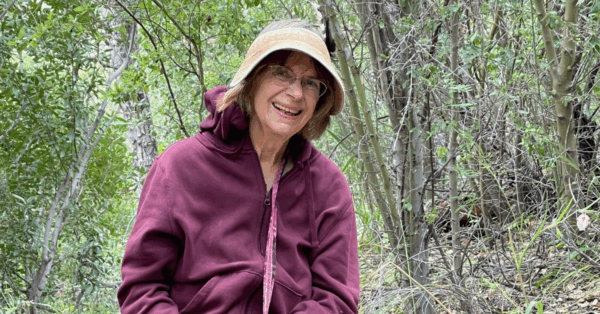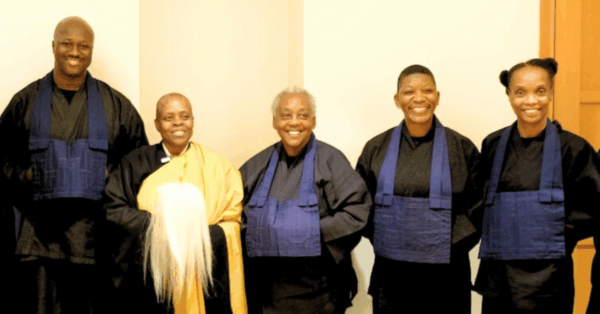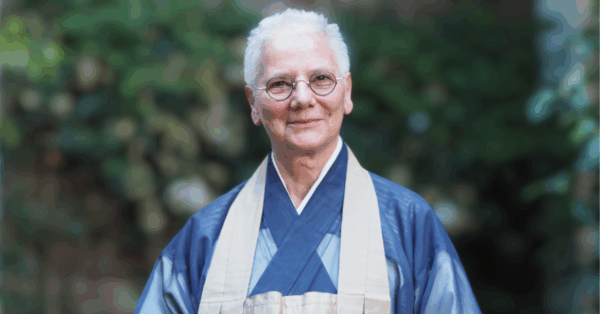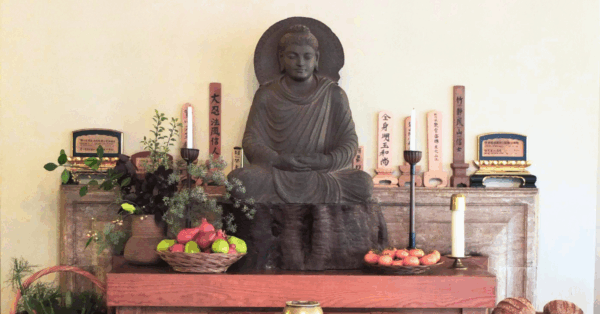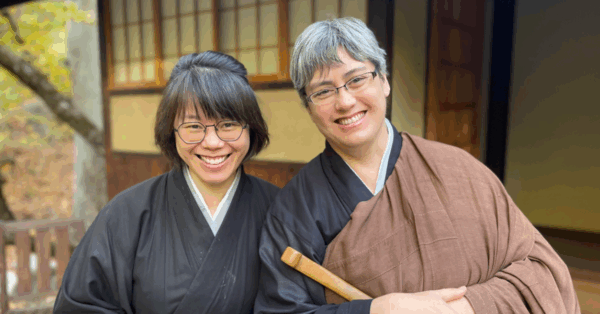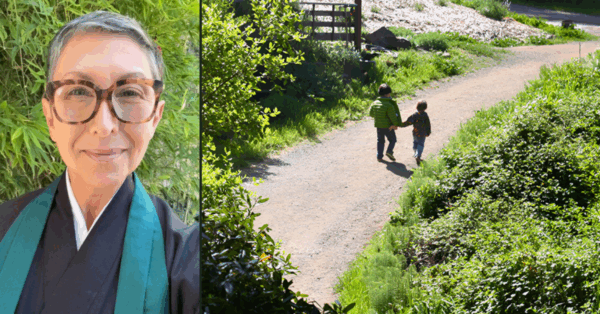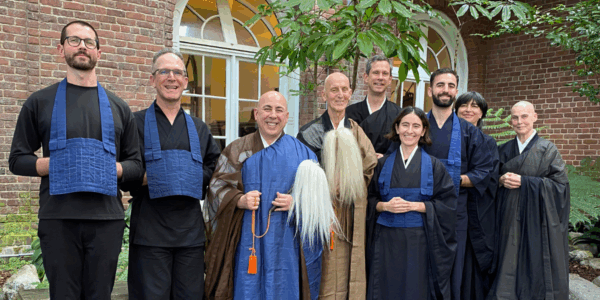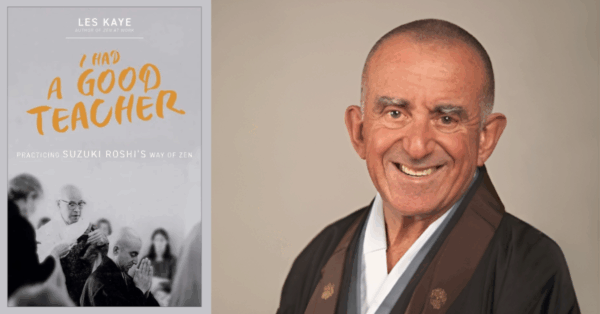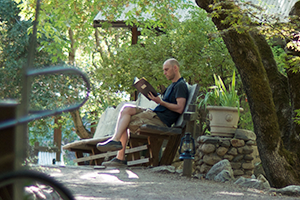 Remember getting lost in a line of a poem? Time stops, our thoughts quicken, as we discover the meaning of the line and in the process uncover the meaning of our human experiences, gain wisdom, even be transformed.
Remember getting lost in a line of a poem? Time stops, our thoughts quicken, as we discover the meaning of the line and in the process uncover the meaning of our human experiences, gain wisdom, even be transformed.
That is why it will be such a delight to spend three days this summer with Zoketsu Norman Fischer exploring The Zen Poetry of Philip Whalen and Wallace Stevens. In this brief interview Zen poet and Senior Dharma Teacher Zoketsu Norman Fischer discusses the upcoming retreat:
What is Zen poetry? What makes it distinct from other forms of poetry?
Zen poetry is, I think, more immediate, quicker and more decisive than most poetry. Also, it is about being, about emptiness, about ineffability. So, it tends to be personal . . . but also not personal at the same time.
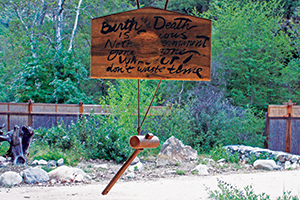 Zen poetry has an unmistakable sense of depth, but at the same time it can be casual—not taking itself too seriously. All this is probably true of the writing of Philip Whalen, who practiced zen, but not so true of the writing of Wallace Stevens, who didn’t, though he was aware of Zen philosophy.
Zen poetry has an unmistakable sense of depth, but at the same time it can be casual—not taking itself too seriously. All this is probably true of the writing of Philip Whalen, who practiced zen, but not so true of the writing of Wallace Stevens, who didn’t, though he was aware of Zen philosophy.
Why did you choose to include the poetry of Wallace Stevens? How is his work meaningful?
Wallace Stevens is very much the opposite of Phil Whalen, but I have been reading his beautiful, philosophical poems all my life. His subject matter—what is real, what is the world, how do we approach it—is very much in the spirit of Zen. His philosophy is in many ways very much like Zen thought, but his style and seriousness and are not so Zen.
Could you share a line to two from a poem by Wallace Stevens or Philip Wahlen that you find inspiring or insightful?
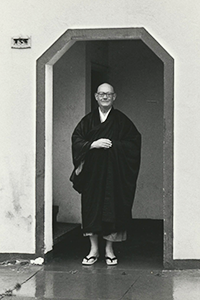 A line from Philip:
A line from Philip:
What do I want
What am I really after
Sometimes a tree answers
These lines are among my favorites of Phil’s. They are personal and real for me. We all have big doubts and questions and we think there are answers to them. There are! But not in human language.
You are a published poet and you are engaged in the contemporary world of poetry through readings and leading poetry retreats. In what way has poetry been meaningful to your spiritual practice.
I once wrote “poetry has saved me from Zen, and Zen has saved me from poetry.” Poetry can be a little precious, a little too aestheticized, removed, even self-satisfied. Practicing Zen, especially in community, has helped me get over that. But Zen can also be too inbred, too involved with its own ideas and customs. Poetry, and the sensitivity to language that poetry fosters, has saved me from being tangled up too much in Zen.
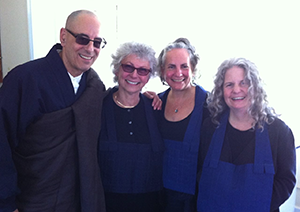 Would you share a closing comment about your upcoming poetry retreat?
Would you share a closing comment about your upcoming poetry retreat?
I hope we will have some fun in this retreat, opening our eyes to the world and to ourselves through the great poetry of these two very different writers. Both of whom have had big responses to this essentially problematic proposition of being a human being.
Zoketsu Norman Fischer will lead The Zen Poetry of Philip Whalen and Wallace Stevens from Thursday, August 14, through Sunday, August 17, at Tassajara Zen Mountain Center. All are welcome.
(Interview by Sachico Ohanks, SFZC Communications Coordinator. Photos by Florian Brody and Valerie Boquet.)


